
Tim Flannery and George Monbiot are fine environmentalists -- both have written influent books on climate change -- but both are wrong to consider nuclear energy viable. The pro-nuclear position is logically and morally bankrupt and cannot, in good conscience be supported, if you consider the following:
The waste storage problem has not been solved and will not be solved. Right now there is no way properly store the waste, which is lethal to human beings and remains so for at least 25,000 years. This negatively effects 8,000 generations of human beings for the sake of 3 or 4 generations of energy users.
Our governments are told by the nuclear lobby that they will find the technology to safely dispose of the waste -- this is based on a blind faith in technological process -- the same faith that is responsible for much of the world's ills.
Why take the risk in case they will fail? I see them pushing ahead blindly with no consideration for future generations, unable to deliver on their promise. And if our opposition to climate change is based on the moral argument that it is wrong to kill human beings (not to mention biodiversity) the argument for nuclear power is logically inconsistent because there is no way that the risk to future generations can be guaranteed.
If you start playing utilitarian games -- that the lives of this group is worth more than that group and so that group has to be sacrificed -- you fall into the trap that the nation-states and corporate giants are already in: justifying harm to some based on the argument of a 'greater good' being served.
The more just position is that all human lives are equally valuable and that any technology which causes irreparable harm is not justified, especially when truly clean, safe alternatives exist.
Renewables might not produce as much energy as the industrialists want to fuel their 24 hour factories for making good that none of us need, but I'd rather do without these factories and these useless goods than sacrifice the lives of future generations.

Caption: Victim of Hiroshima / Nagasaki bombings
It is logical to assume that this civilization will collapse under its own weight (aided by climate change and peak oil, leading to rising energy prices and increasing wars over scarce resources) leaving 8,000 future generations with the legacy of radioactive waste.
Furthermore, when you consider that main demand for nuclear power is coming from big industries which want cheap power for the manufacturing and processing base, and that this furthers a society of unnecessary consumption and waste, the argument for nuclear energy appear to be little more than a ploy by industrialists and nuclear lobbyists to use the climate crisis for their own ends, at the expense of the public who are being asked to pay the enormous costs of building the reactors.
This cost, by the way, comes at the expense of the true solution to the energy crisis: renewables and conservation. The money that could be spend on these things is instead spent on nuclear. In Ontario the provincial government plans to spend $43 billion in public funds on nuclear energy, which will benefit the big industrial energy users, who represent 1.2% of the user base and consume 55% of the energy in Ontario and get it for a cheaper rate (3.2 cents per kilowatt hour) than the public (a fluctuating price of 4 to 5.5 cents per kilowatt hour).
The same $46 billion could have been spent on renewables and conservation -- but these received only token funding because it is mistakenly believed that they cannot meet "base load" demand. The government had a choice: investment in decentralized renewables or investment in centralized nuclear. They chose nuclear based on the "base load" argument.

Caption: Almost every news outlet in Ontario purposely chose to ignore debate on the question of nuclear energy, despite the fact that it was the single largest expenditure in the world ($46 billion). Instead, we were inundated with information about religious funding for schools - the average Ontarian did not question what they were told (or not told) or did not care - not unlike the proles in Orwell's 1984.
Dr. Keith Stewart of the World Wildlife Fund produced a report called "Renewable is Doable" that showed three possible scenarios in which Ontario could achieve base load demand without nuclear or coal, depending on the dates for coal phaseout. He projected a possible coal phaseout in 2009 as opposed to the McGunity government's 2014 (which is suspect).
The point is that the world has enough potential wind and solar power to meet base load if we combine that with cogeneration methods and a massive conservation push -- and this would hurt ONLY the big industrialists who rely on cheap energy, and the nuclear lobby. But in fact a more just sustainable society would also help them by forcing them not harm other human beings ... they would have less money and would have to live like the rest of humanity and this ultimately, would benefit them as well as us.
Ontario and other governments are choosing nuclear because it doesn't serve the needs of the industries they cater to and renewables and conservation -- which actually solve the problem -- require a new sort of thinking, one that does not favour endless consumption and production and blind faith in technology.
Furthermore consider that drinking water is contaminated by miniscule leaks from the power plants into drinking water -- traces of tritium are in the drinking water as we speak -- in Canada the allowable level is 100x more than in the EU.
I haven't even gone into the risk posed by nuclear power plants -- the fact that they make great targets for terrorists and that the risk of fallout from such an attack is that we have another Chernobyl. Now, if the world were a kind and loving place and terrorism was not being stimulated by likes of George Bush and Osama bin Laden, this would be no concern, but it is naive to think that such an attack will not occur this century.
Wind and solar power, on the other hand, are decentralized and do not make good targets. And they give municipalities and individual users "energy sovereignty" so they don't have to rely on a centralized grid.
Tim Flannery and George Monbiot are fine environmentalists but they haven’t thought their way through this issue thoroughly. To sum up:
The waste disposal problem is unsolved and will remain unsolved, renewables and conservation can meet the base load demand if we eliminate wasteful production and consumption (which is also a good in itself!), nuclear energy usurps limited funding for renewables, and the fact of drinking water contamination -- all point to logical reasons for why nuclear is not a good idea -- unless you believe that the benefit to a few capitalists outweighs the good of 8,000 generations of human beings.

Caption: Nuclear energy feeds nuclear weapons proliferation, now and for thousands of years to come, long after the current governments (and civilizations that bred them) are gone.
The whole argument for nuclear is premised on the continuation of a system of endless consumption and production without consideration of finite resources, and faith in technology - that the waste problem will be solved. Where does this faith come from?
Cheap energy has allowed us burn through the renewable natural resources more quickly resulting in overfishing and deforestation, as well as the overconsumption of less renewable natural resources such a healthy topsoil and fresh water. Nuclear energy would allow that to continue and leave us with a legacy of radioactive poison.
No fresh water, no oil, no trees, no biodiversity, no arable land, useless waste products leeching poisons into the ground, toxic mine tailings -- this is why E.O. Wilson and others say (correctly) that "future generations will not forgive us."

























































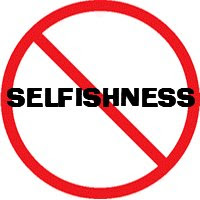



























































































































































































.jpg)





































































































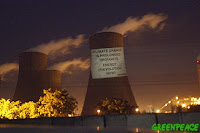


















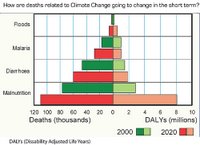











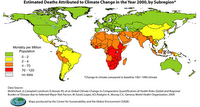

















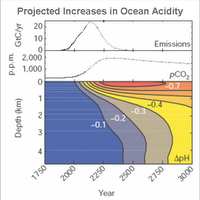
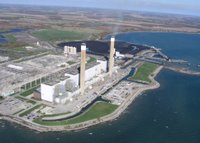









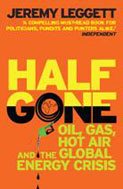












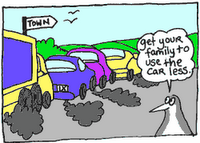











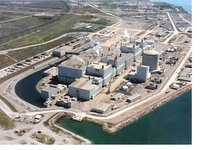







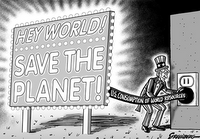






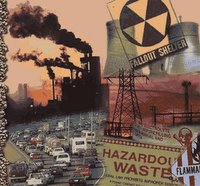


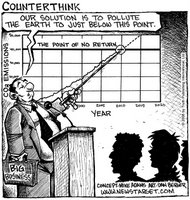

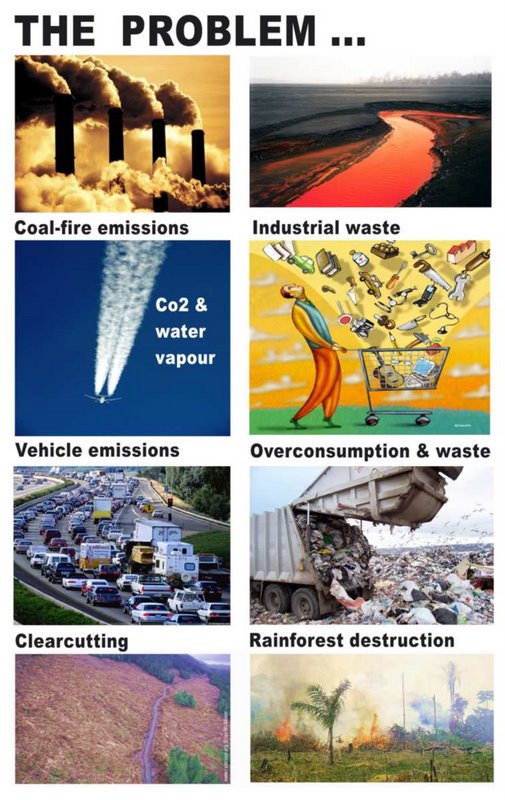

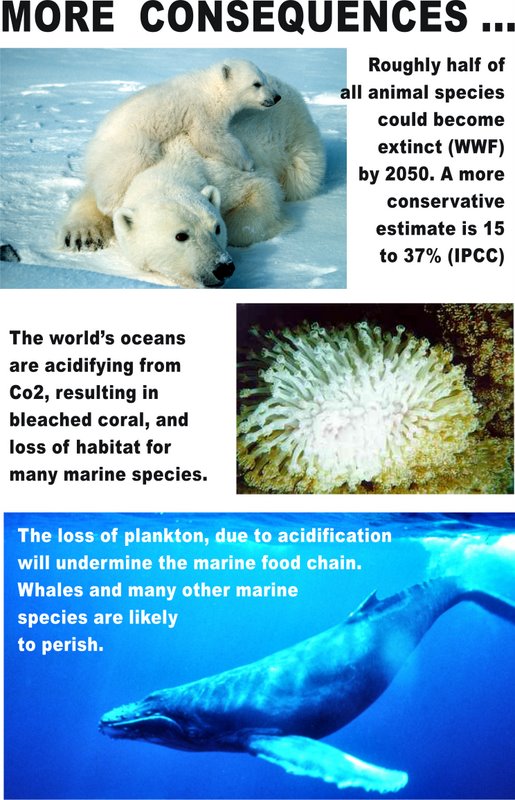
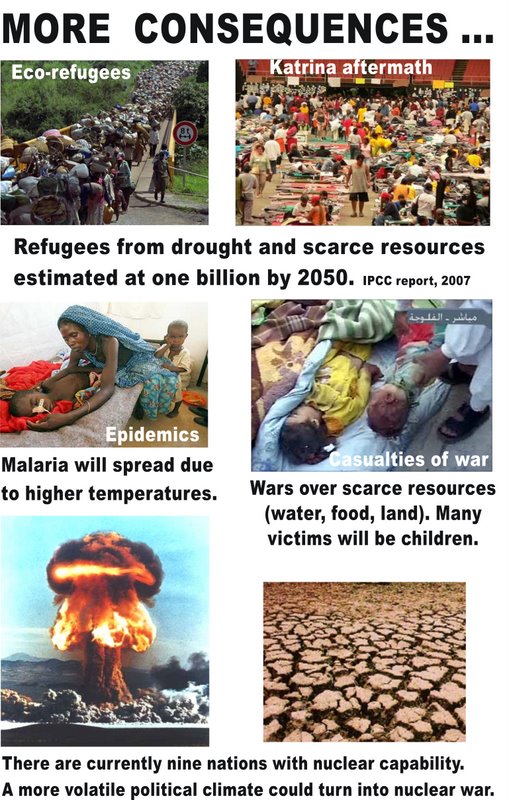

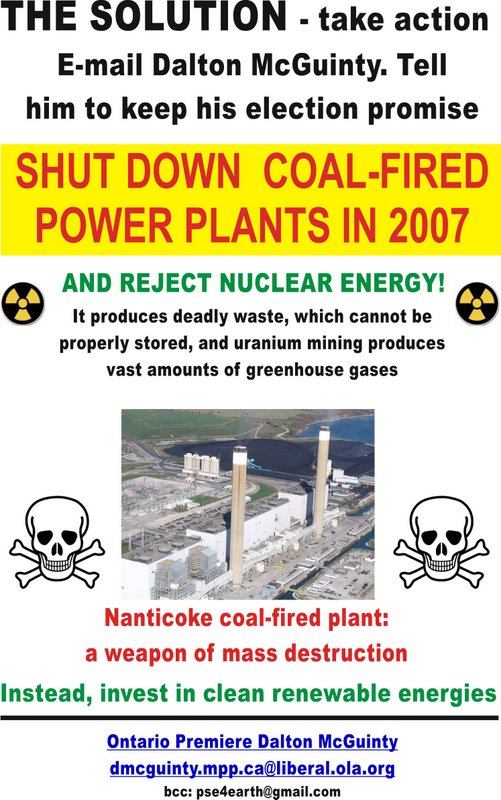

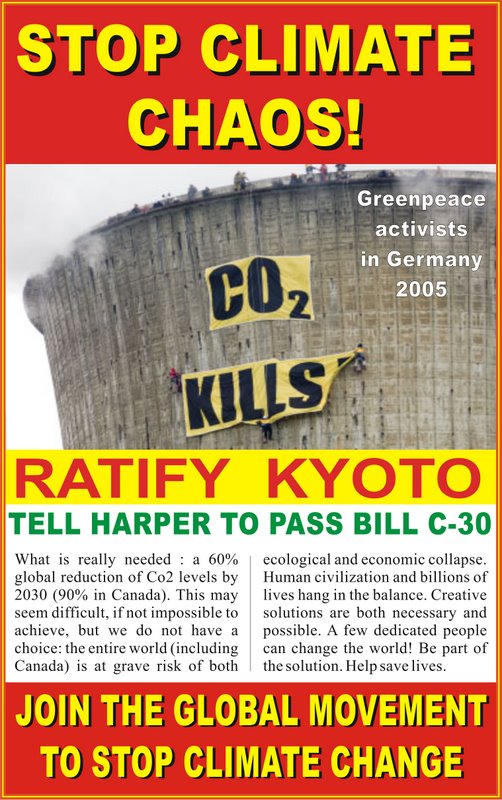
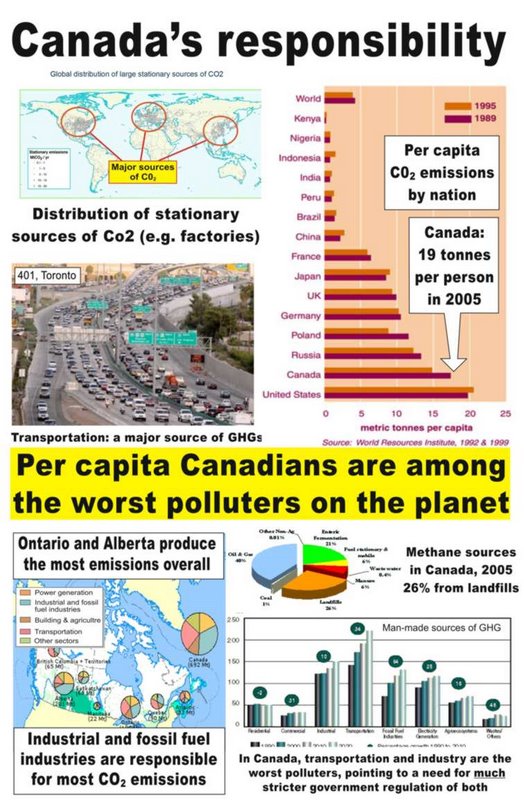

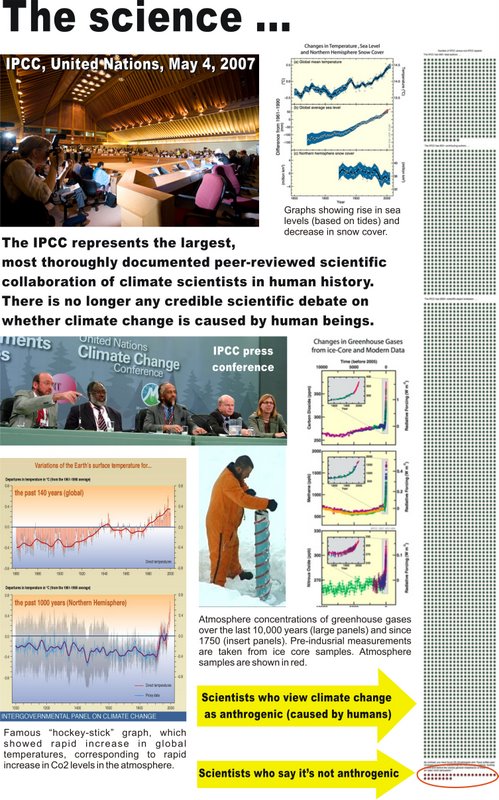
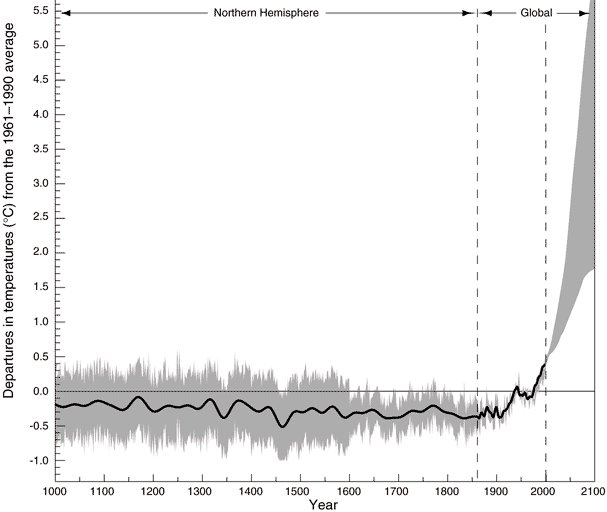


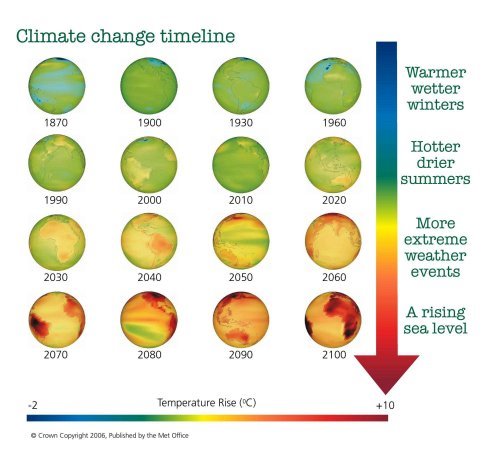




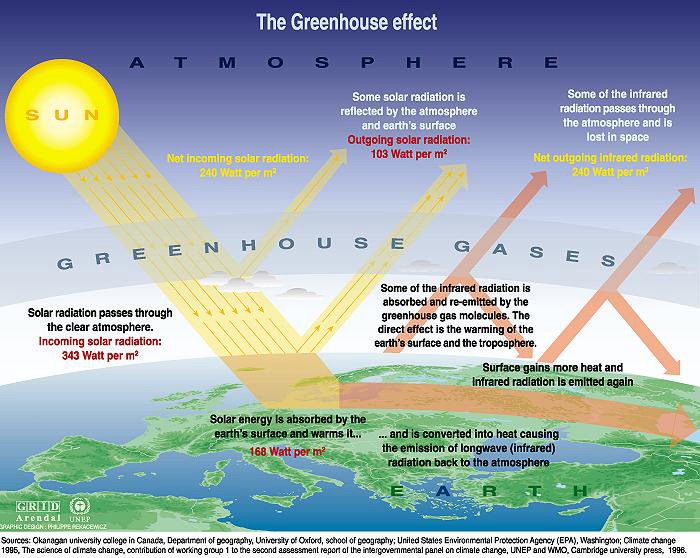
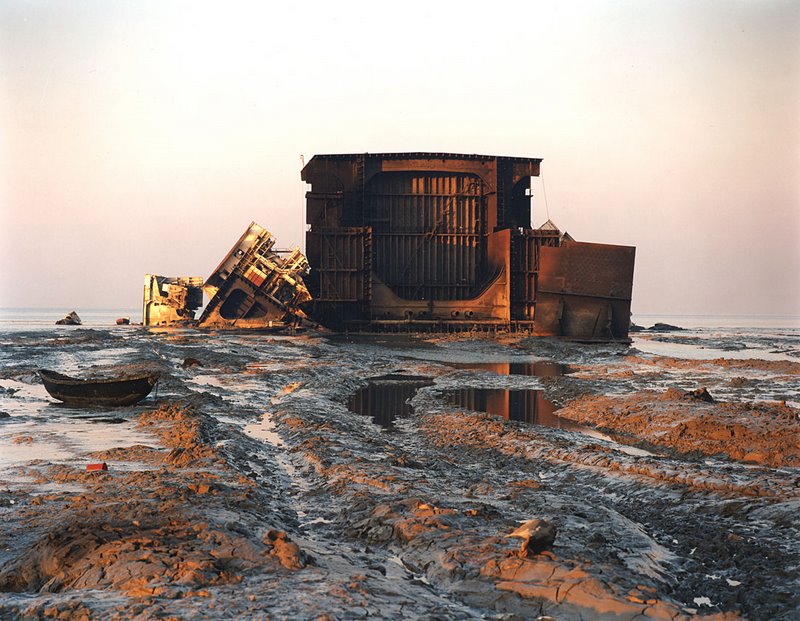
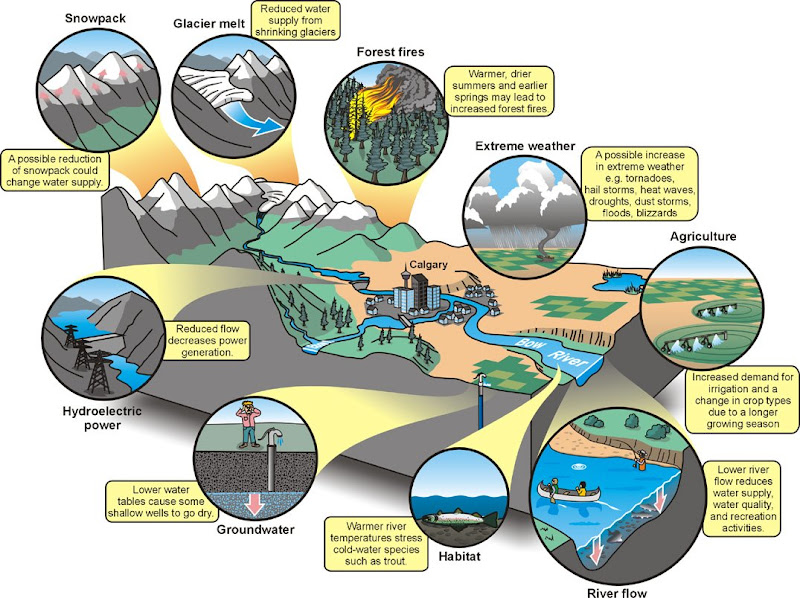
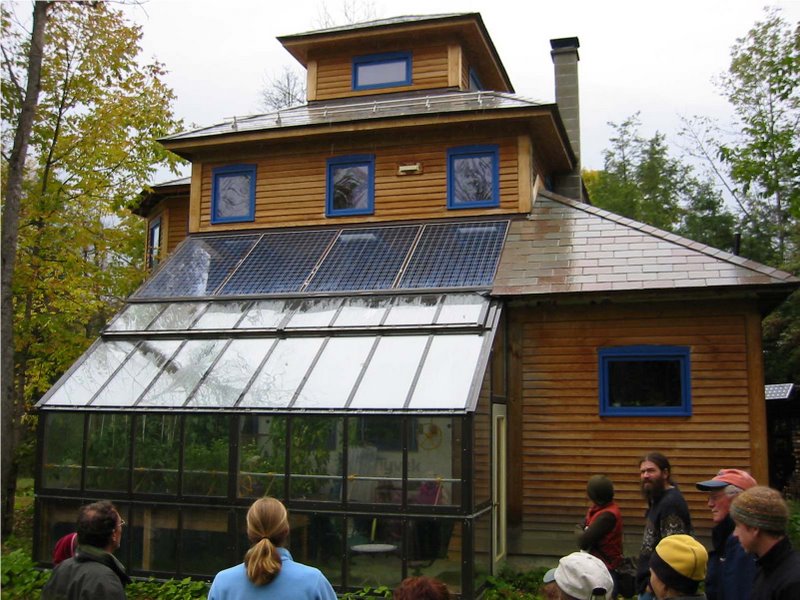





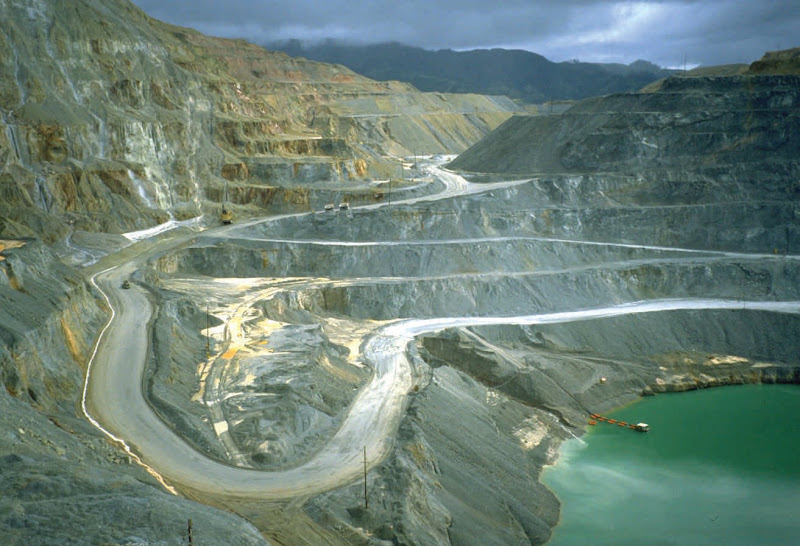
No comments:
Post a Comment